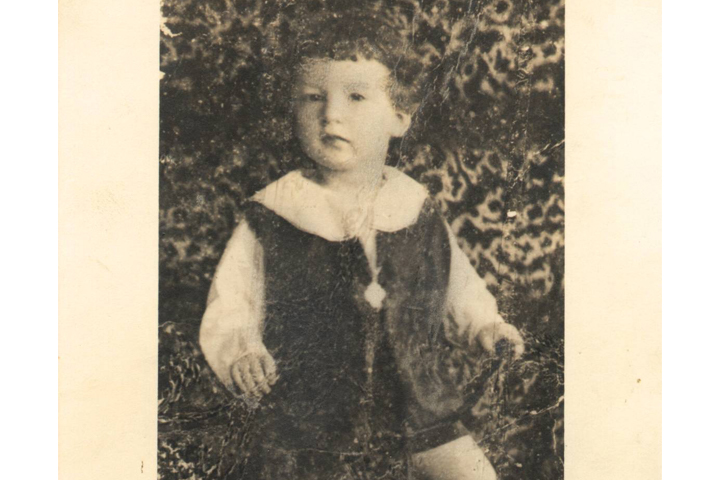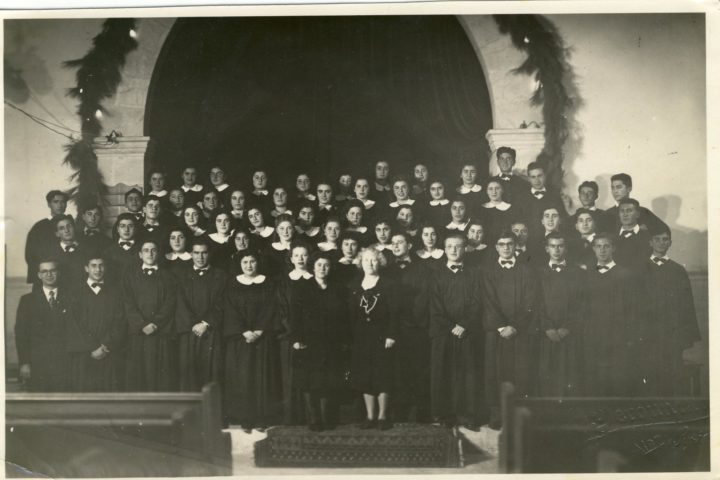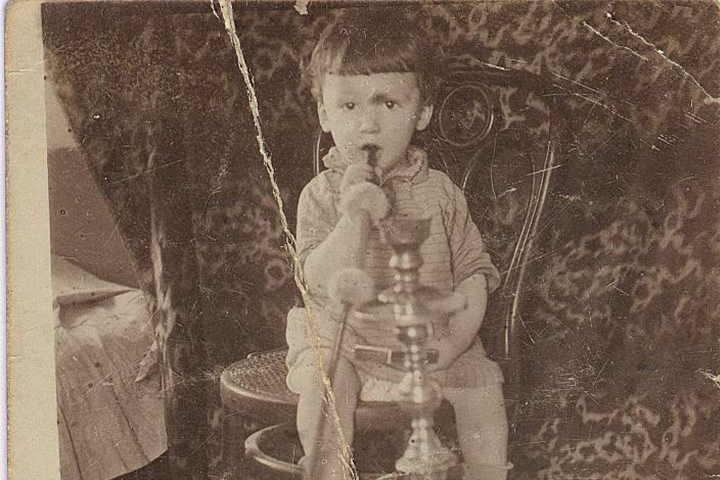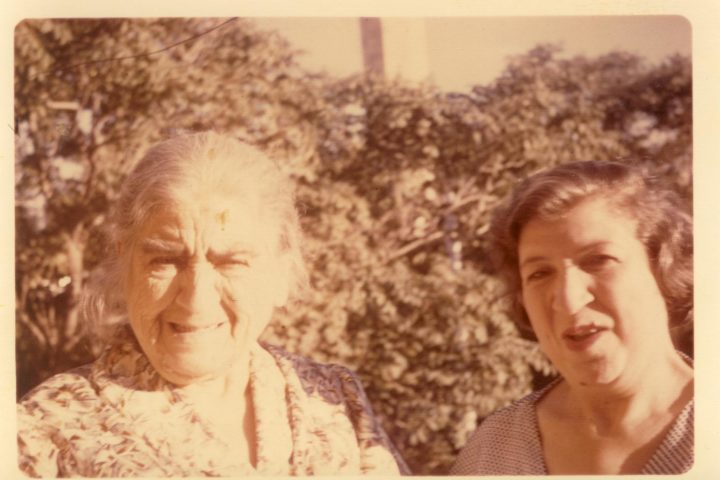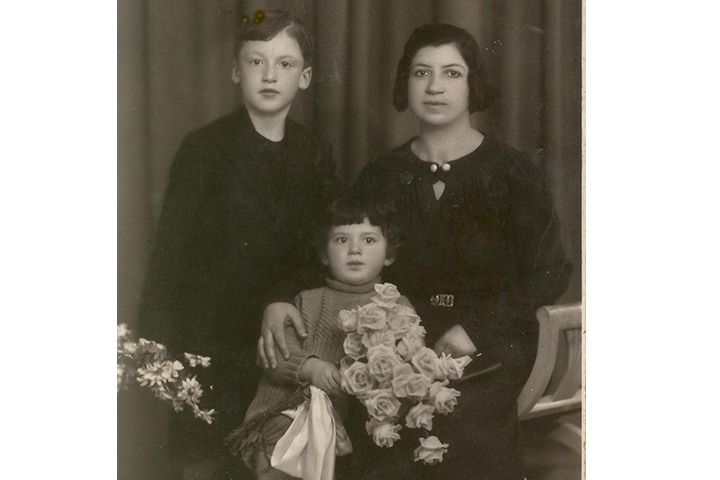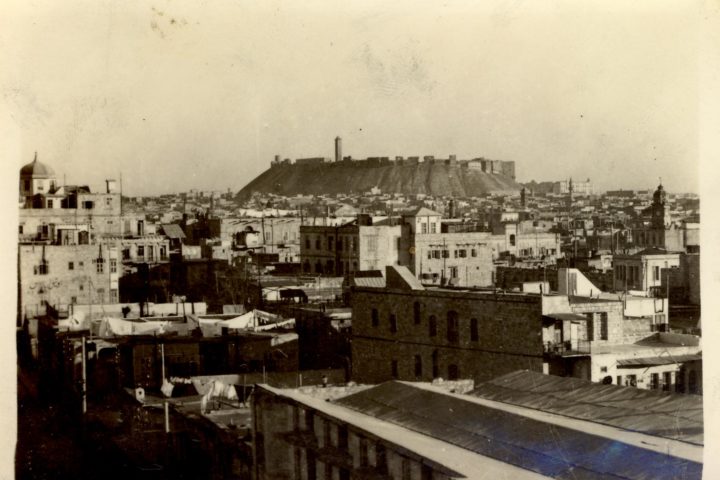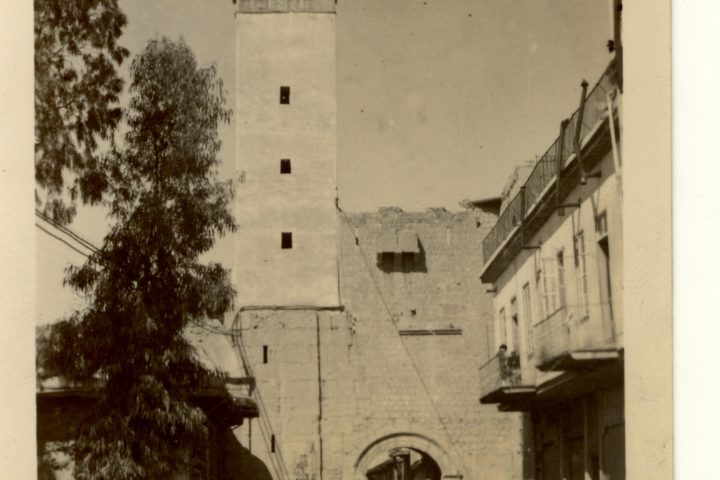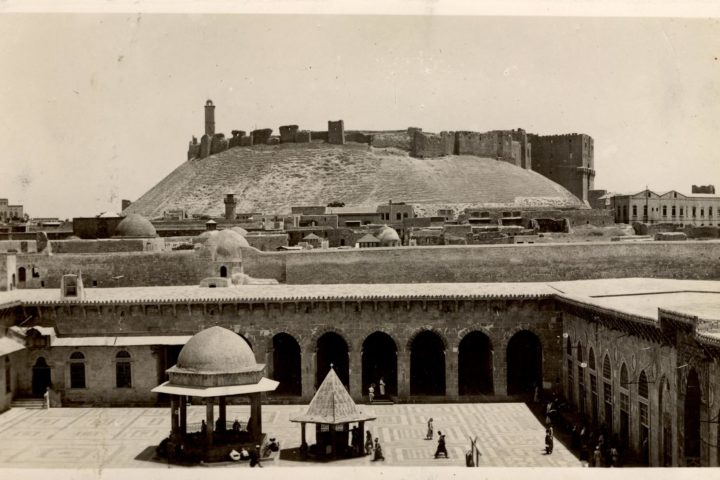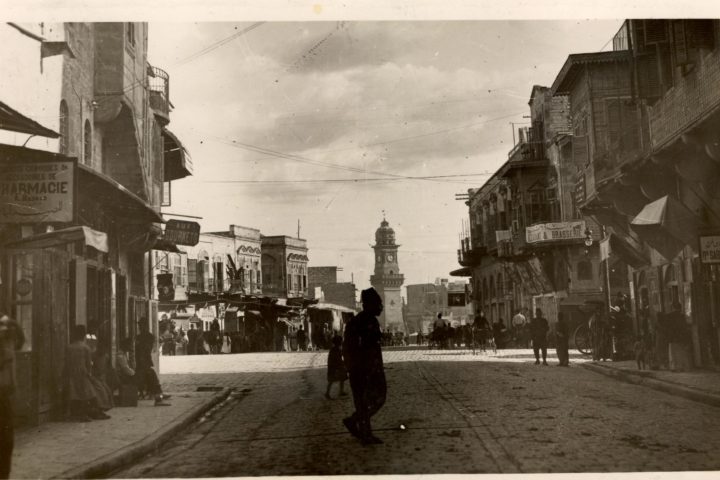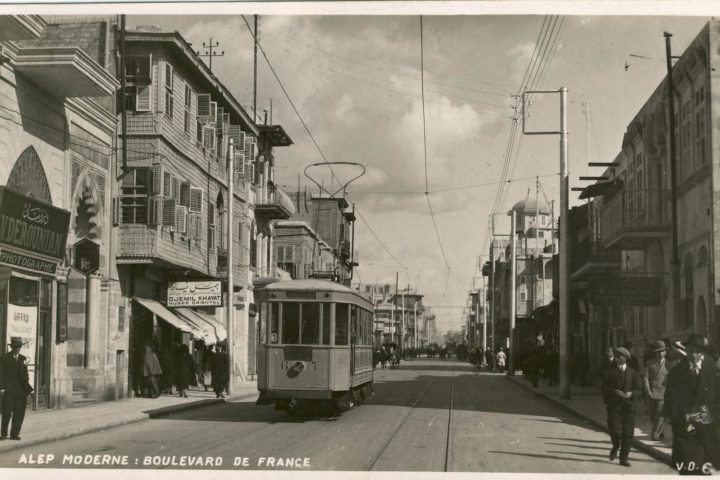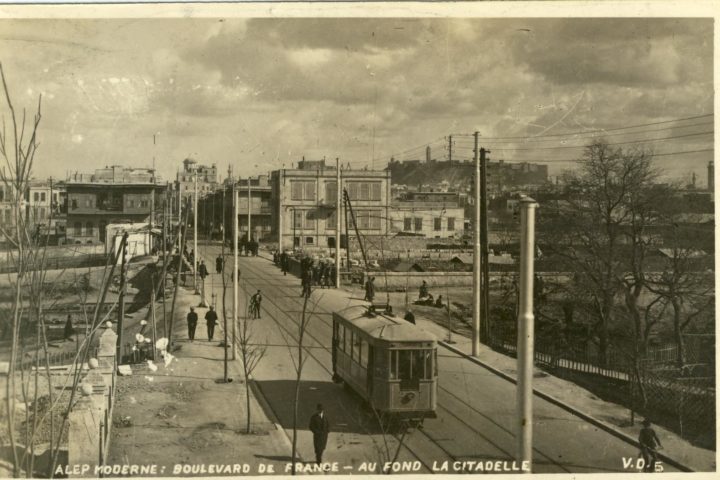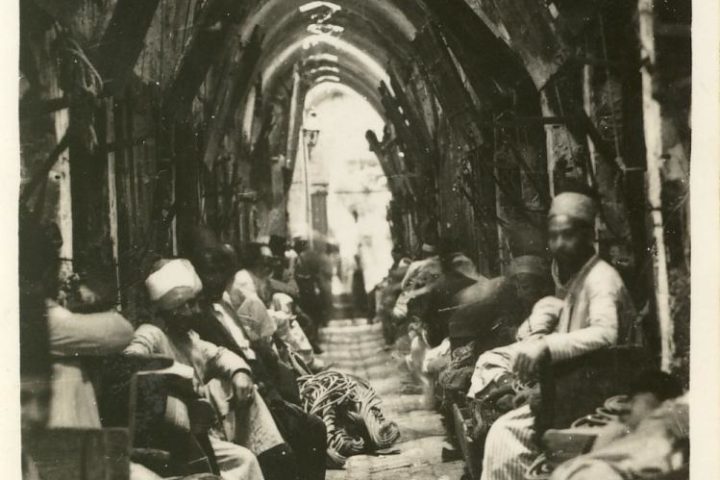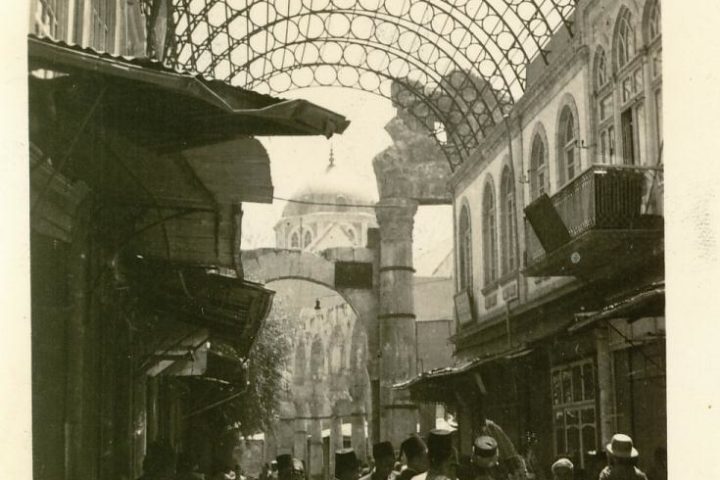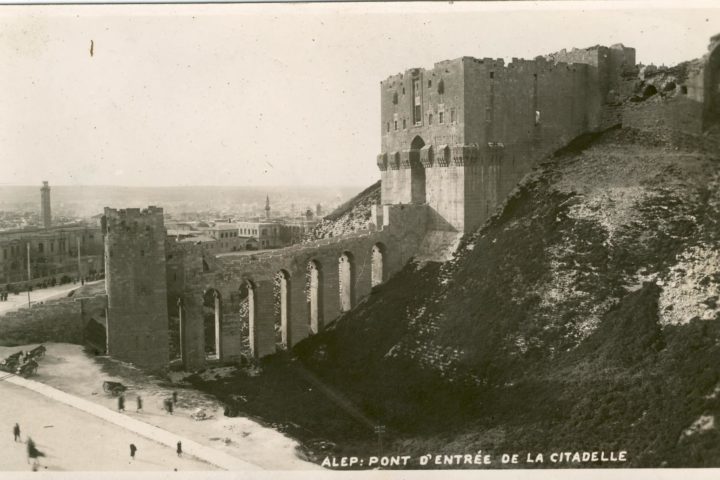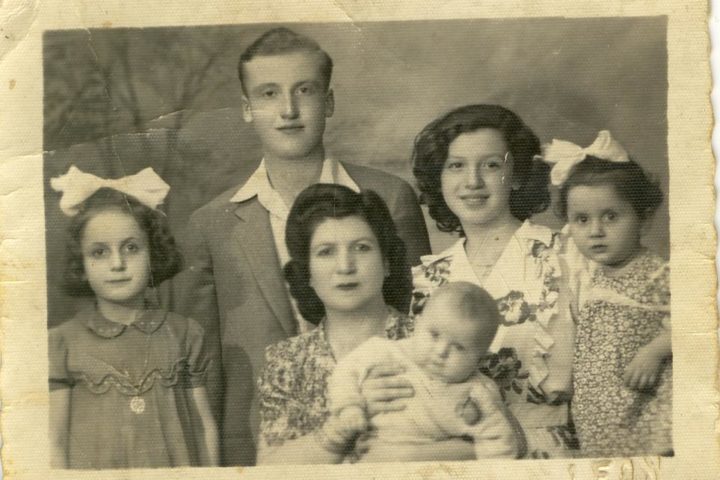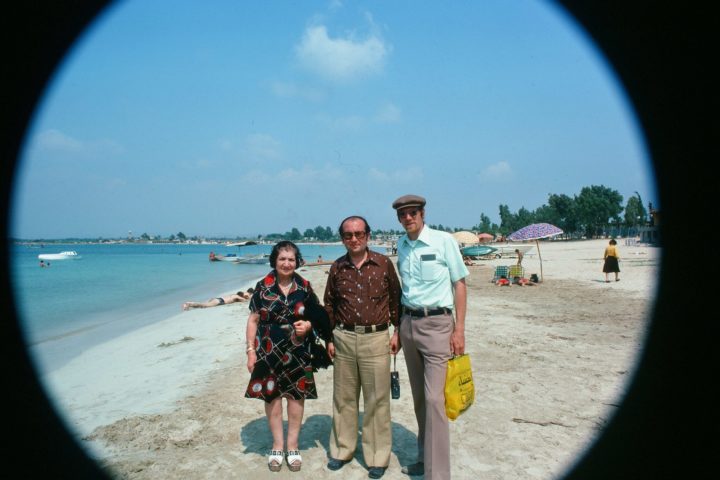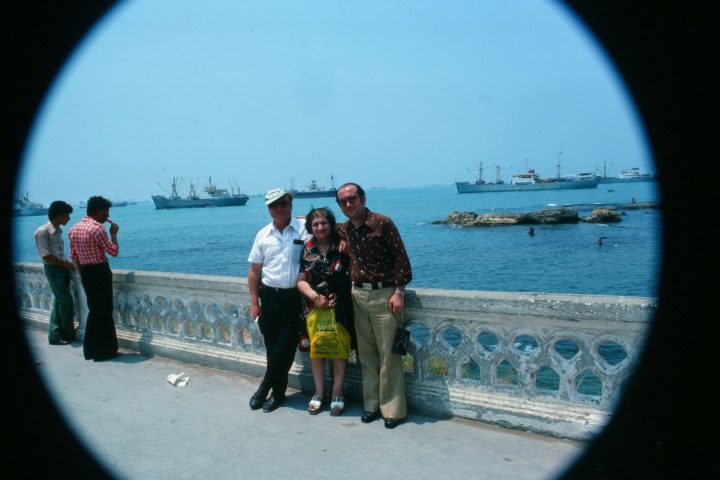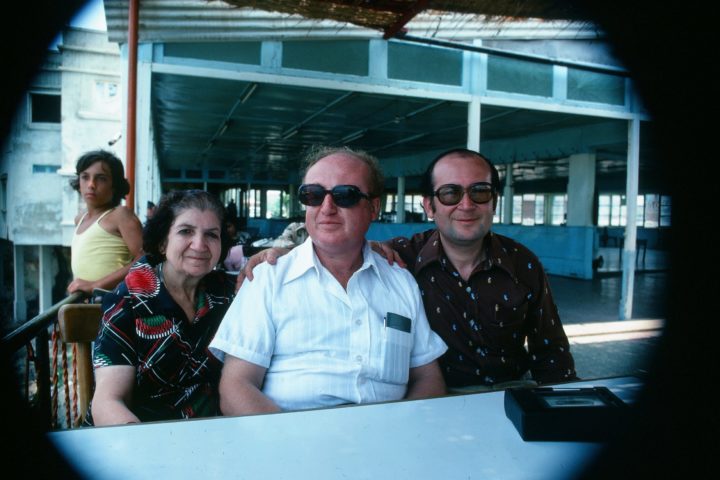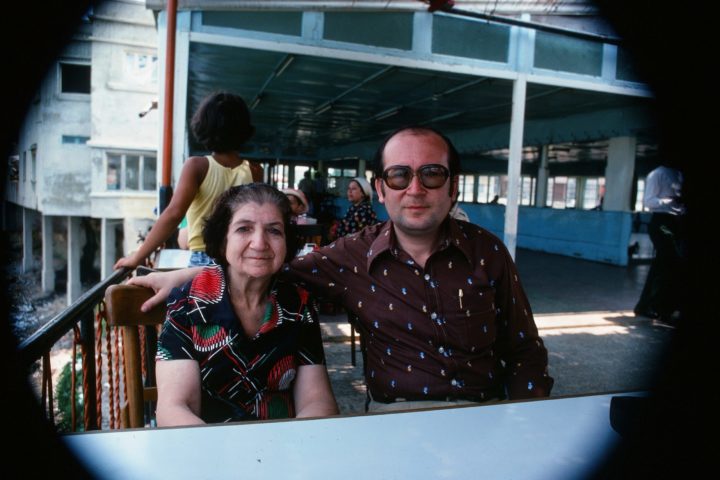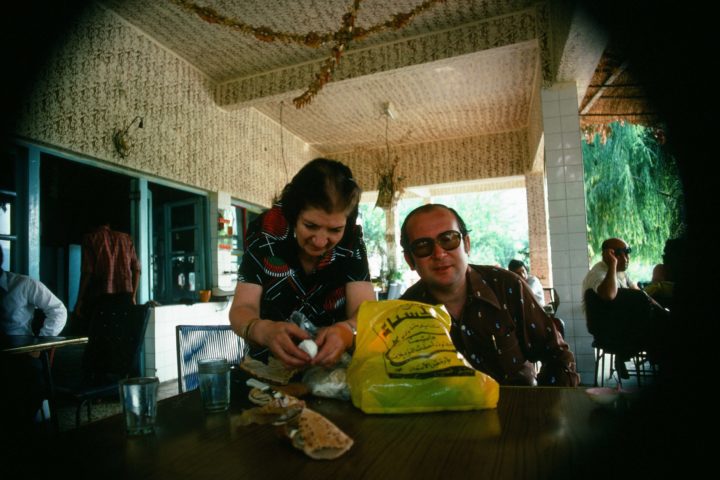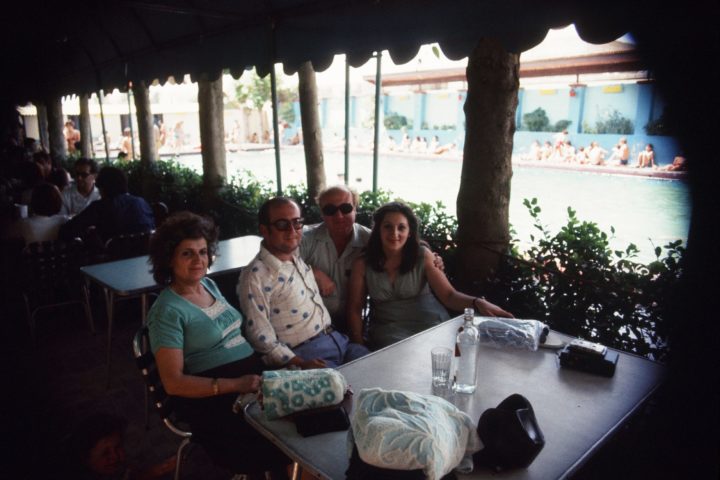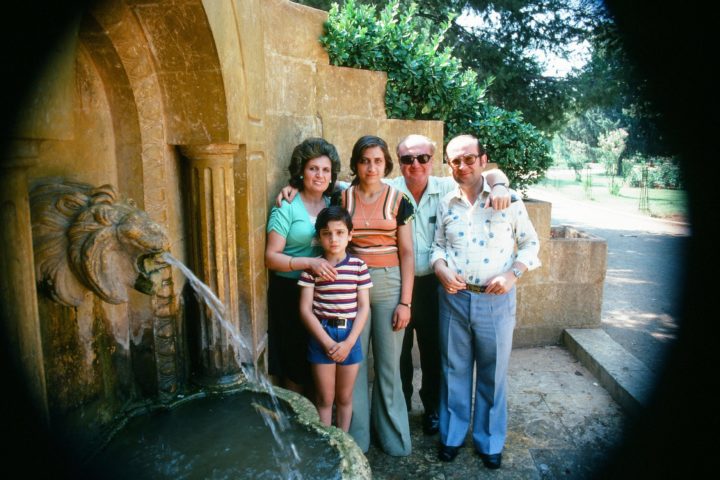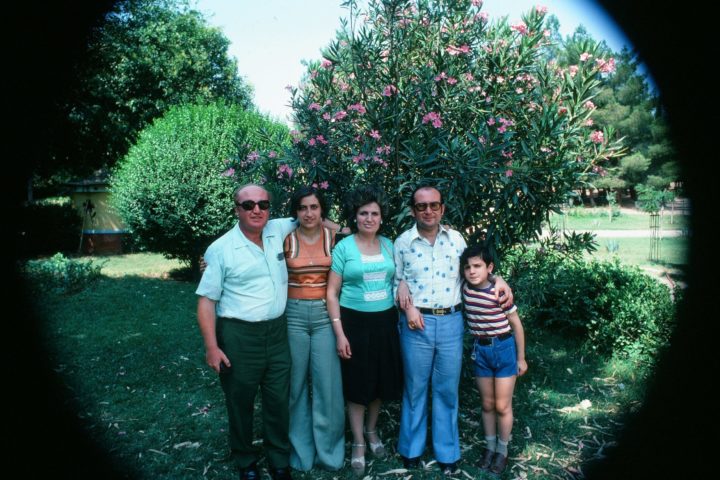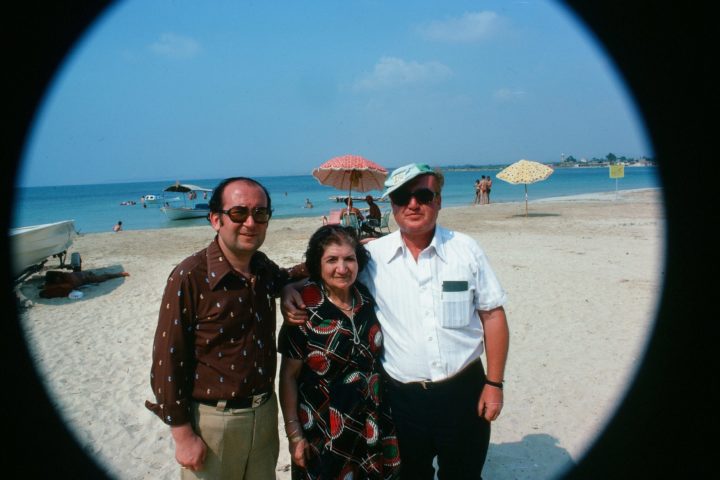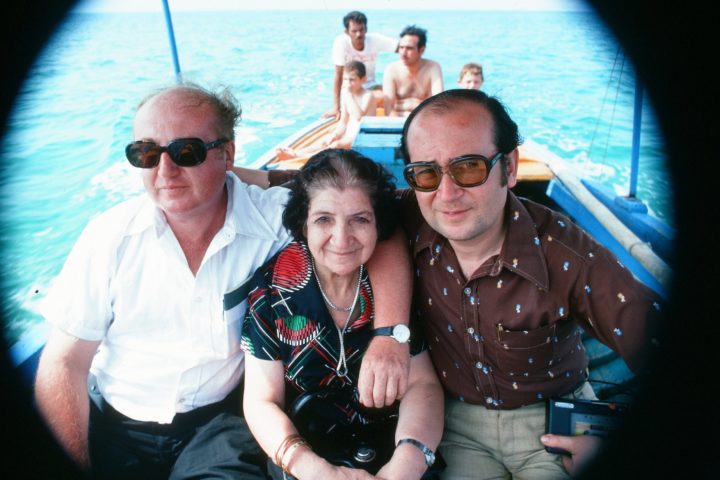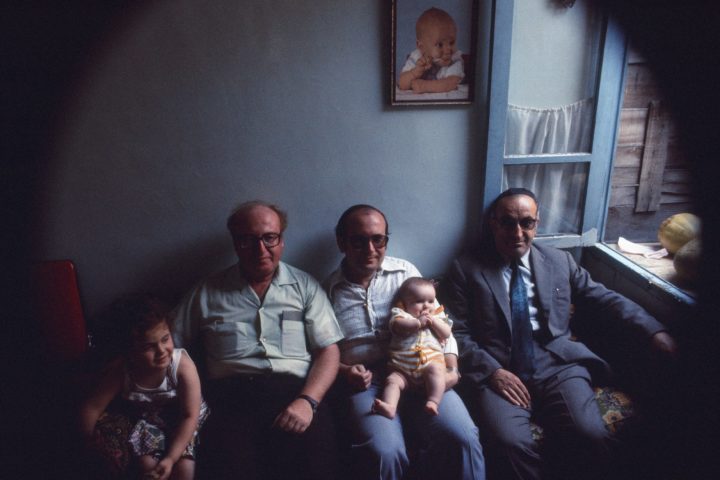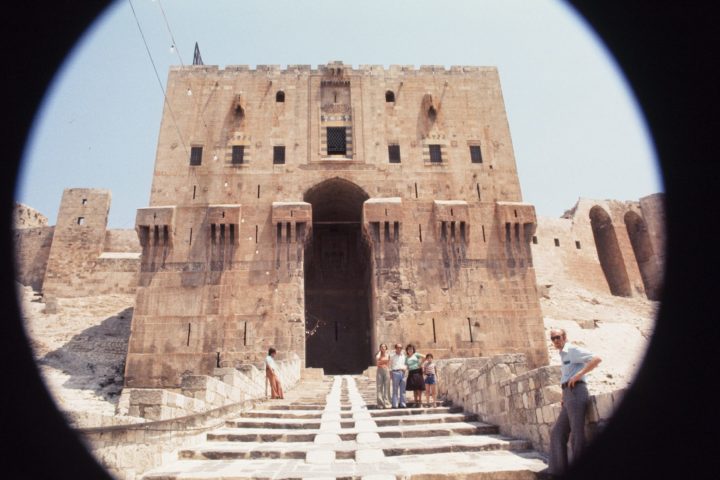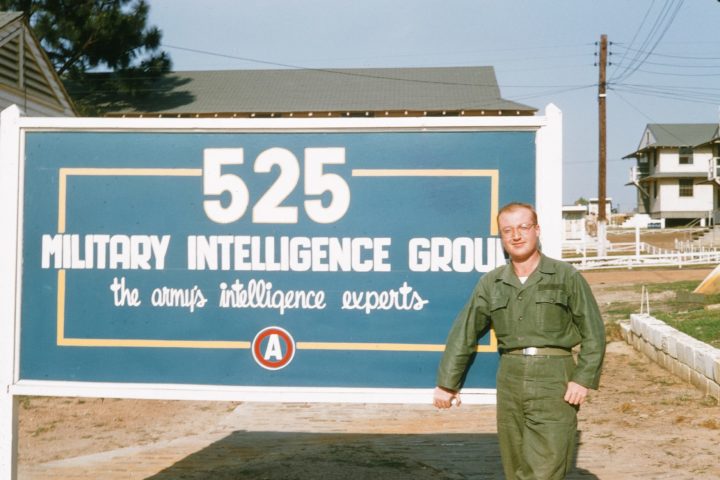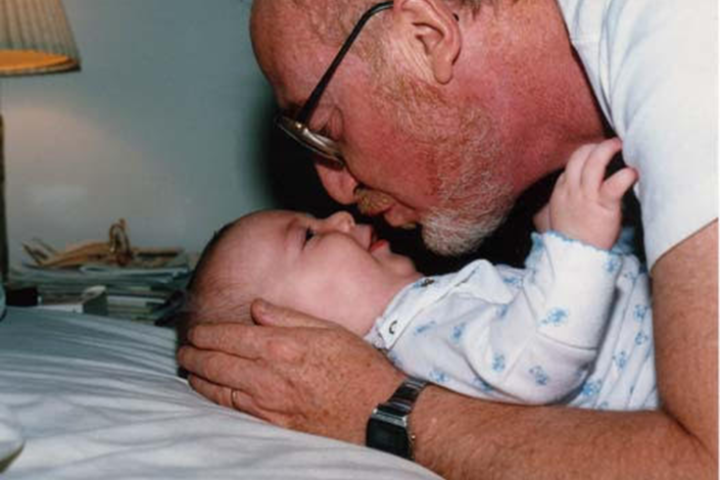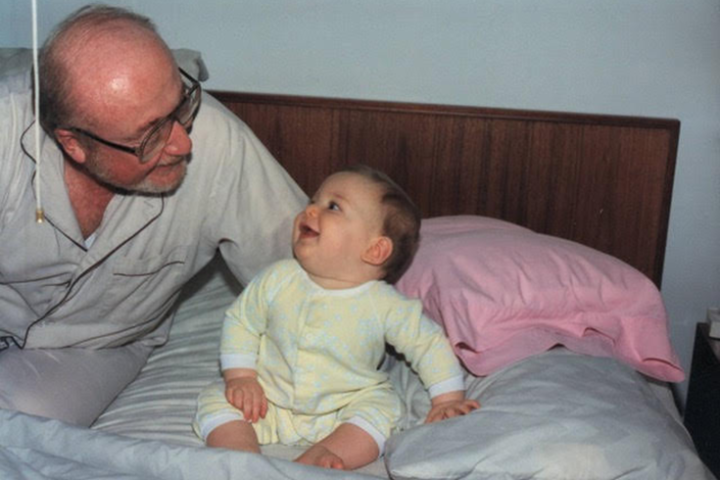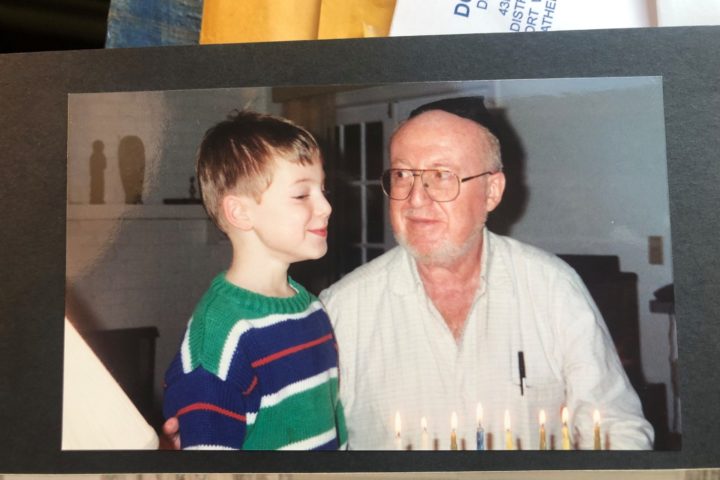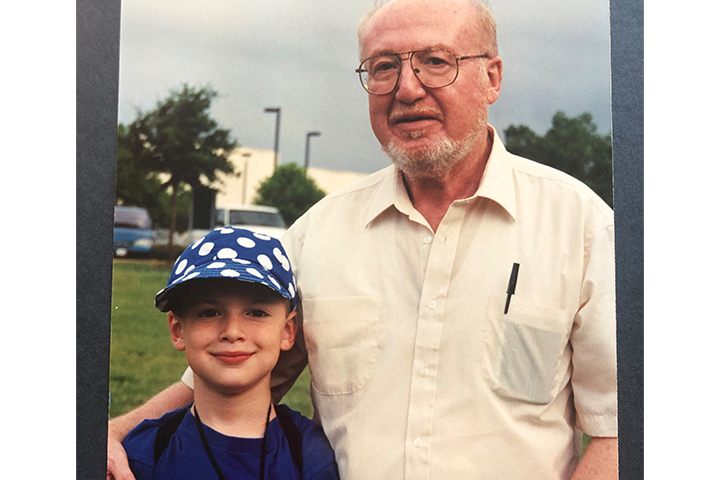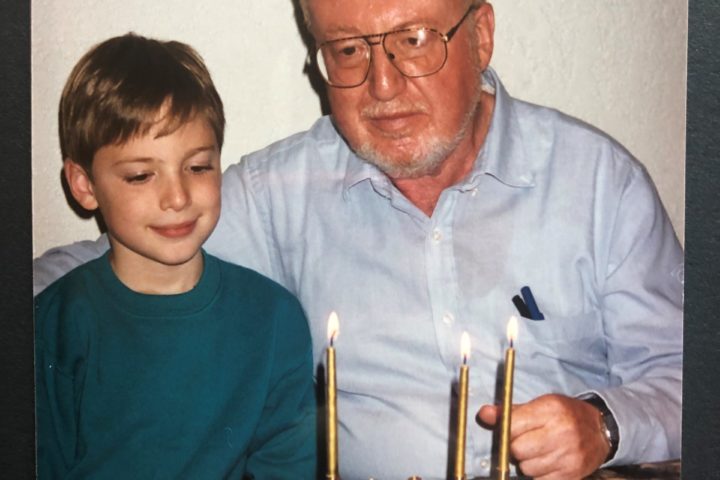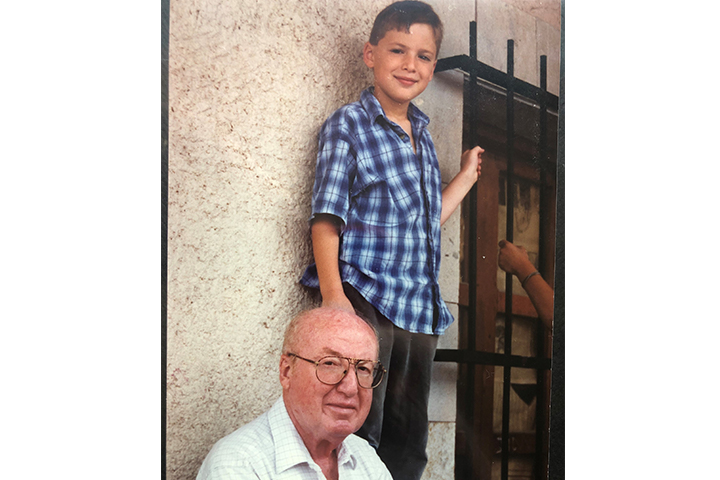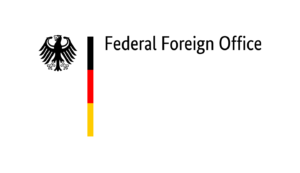The story of his Jewish father from Aleppo
Interview: Maurice Chammah
In the interview Maurice Chammah recounts the life story of his father Albert Chammah, who was raised in Aleppo and emigrated to the US in 1947, and talks about his childhood as well as his search for his Jewish-Arab roots and his own identity.
Languages:
Maurice Chammah
Maurice Chammah is an American journalist. He lives in Austin, Texas where he works for The Marshall Project, a nonprofit publication critical of the U.S. criminal justice system. He has also researched and published on the life of his Syrian-Jewish father, Albert Chammah. His most recent essay on this topic was published in Guernica Magazine in 2016, My Father’s Aleppo.
Hila Amit
Dr. Hila Amit is an award-winning author of short stories and nonfiction. She was born into a Jewish family of Iranian-Syrian background in Israel. She lives in Berlin and is the co-founder of ANU: Jews and Arabs Writing in Berlin, curating literary events that bring together Jewish and non-Jewish people from Middle Eastern heritage.
The online exhibition „Side by Side“ is part of the project The Course of (Hi)stories.
The Course of (Hi)stories is a project by Minor Kontor and is funded by the Federal Agency for Civic Education and the Federal Foreign Office. It is under the patronage of Foreign Minister Heiko Maas.
